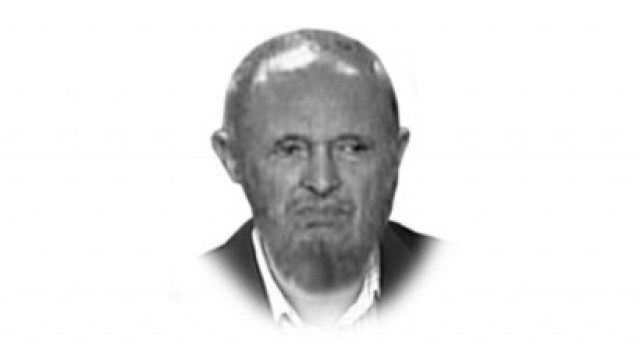The new Great Game

The three major powers – US, Russia and China – have major, often conflicting, goals in Central Asia and Afghanistan. Russia, the erstwhile ruler of central Asia, is wary of a Taliban resurgence in Afghanistan whilst China would not want to see the restive Sinkiang province used by militants who have roots in Afghanistan.
It is in their interest that the US prevents extremist forces from gaining power in their respective areas of interest. However, they would show serious concern if there were any signs of permanent Nato presence in these areas once the combat phase is over. The policy of reconciliation and reintegration being pursued vigorously in Afghanistan is also viewed from different perspectives. President Hamid Karzai is trying to reach out to the estranged militants in order to persuade them to get into the mainstreamed political process.
His holding of a grand assembly of elders in Kabul next month is a step in that direction. But distances are growing between him and the Americans. The US goal is to achieve some semblance of military victory before the November 2010 congressional elections. But they have little inclination towards long, drawn-out negotiations with diehard fundamentalists who are now battling the coalition forces. Thus, when Karzai invited the Iranian president to Kabul, the US was annoyed.
When Pakistan decided to detain Mullah Baradar, a senior Taliban leader, the Afghan government expressed displeasure because it felt this would sabotage negotiations they were illegally having with certain Taliban leaders. India is concerned about Pakistan patronising a Taliban government, if one was to emerge after the withdrawal of coalition forces. While all these countries are pushing forward conflicting agendas, little is being done to end the conflict that has caused such devastation.
Pakistan’s policy contours are inexplicable at best. It is not making the emergence of an independent and stable Afghanistan a top priority, even though this is in its best interests. An India-centric approach takes the focus away from fundamental problems that need to be resolved. And in recent weeks it has declared that a withdrawal of coalition forces would be a grave error.
If Pakistan, which is supposed to have the best insight into the dynamics of this conflict, shows a total lack of understanding about the factors that continue to fuel the insurgency, it must be a sorry state of affairs. Pakistan, bogged down in trivialities, is not emphasising on seeking a durable solution to the conflict. Any convergence of US and Pakistan objectives would be deemed to be clashing with India’s interest. Any act that brings Iran and Afghanistan together would be viewed with suspicion in Washington.
Any notion of permanent US presence in the country would raise deep concerns in Beijing and Moscow. Any talk of reconciliation with the Taliban would be opposed by Iran, Russia and India. This has added to the immense complexity of the new Great Game. For Pakistan to steer past this awfully complicated situation would require vision, foresight and statesmanship of the highest degree.

1724912122-0/Untitled-design-(1)1724912122-0-208x130.webp)

















COMMENTS
Comments are moderated and generally will be posted if they are on-topic and not abusive.
For more information, please see our Comments FAQ